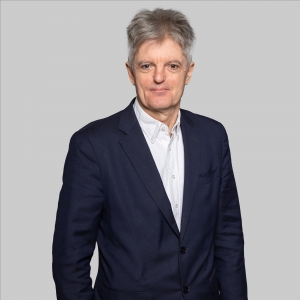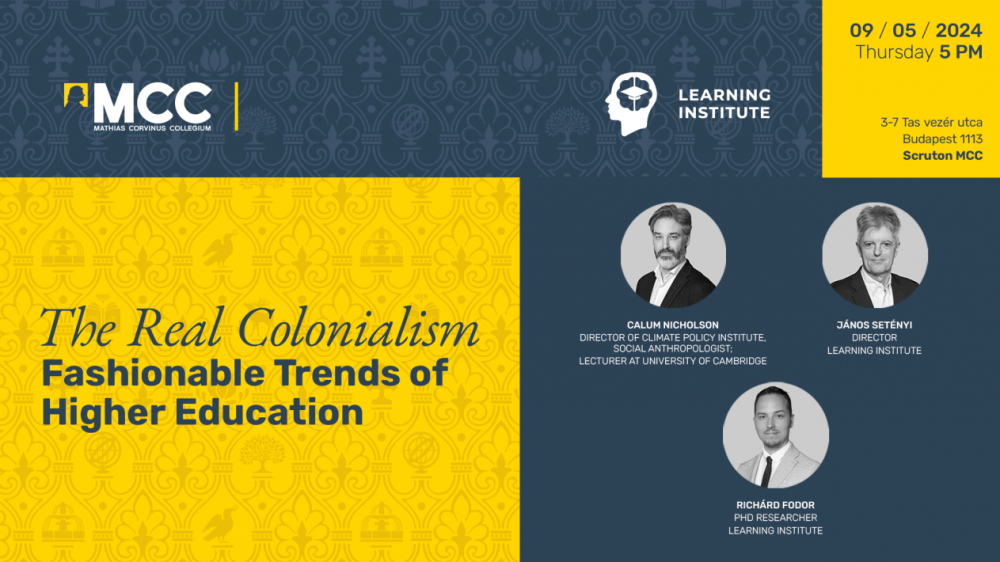Education is at a crossroads.
The rapidly changing landscape of global competition, shifting ideological trends, and the growing influence of the market all present both opportunities and risks. The question remains: How can we ensure that education fulfills its true purpose without becoming merely a tool for rankings, ideologies, or economic demands?
One of the most debated aspects of education today is the role of the state. While some argue for stronger state control to ensure quality and accessibility, others emphasize the importance of institutional autonomy. In Hungary, we have recently seen an increase in university independence, which allows institutions to adopt a practice-oriented approach and establish closer ties with the labor market. This shift has undoubtedly contributed to the improving international standing of Hungarian higher education. Yet, autonomy is not just about rankings; it must serve the ultimate goal of education—creating knowledge and fostering intellectual growth.
At the same time, we must be wary of the risks that come with an overemphasis on global competition. While international recognition is important, educational institutions should not become slaves to indicators. Too often, universities chase high rankings at the expense of genuine intellectual inquiry and student development. The real task of education is not to optimize statistics but to cultivate critical thinking, creativity, and a deep understanding of the world.
Another pressing issue is the ideological shift in education. There is a growing concern that education is being shaped by ideological trends rather than the pursuit of knowledge. Based on experiences from around the world, it is clear that when ideological narratives dominate curricula, the transfer of real knowledge is pushed into the background. This dilution of content threatens the very foundation of education. The focus should remain on equipping students with the skills and knowledge they need to navigate an increasingly complex world—not on political or ideological indoctrination.
The role of educators is also crucial in this debate. Teachers must not only impart knowledge but also inspire students to think independently and critically. However, their ability to do so is increasingly challenged by external pressures—from bureaucratic constraints to ideological expectations. If we want education to thrive, we must ensure that educators have the freedom and support to fulfill their mission.
The future of education depends on our ability to balance these competing forces. Autonomy must be meaningful and directed toward educational excellence, not just structural independence. Global competition should drive improvement without compromising the core values of learning. And above all, education must resist becoming a battleground for ideological struggles. Instead, it should remain what it has always been at its best: a space for inquiry, discovery, and the pursuit of truth.


 June 12, 2024 at 2:00 PM
June 12, 2024 at 2:00 PM

